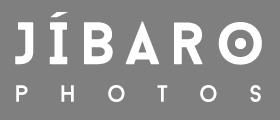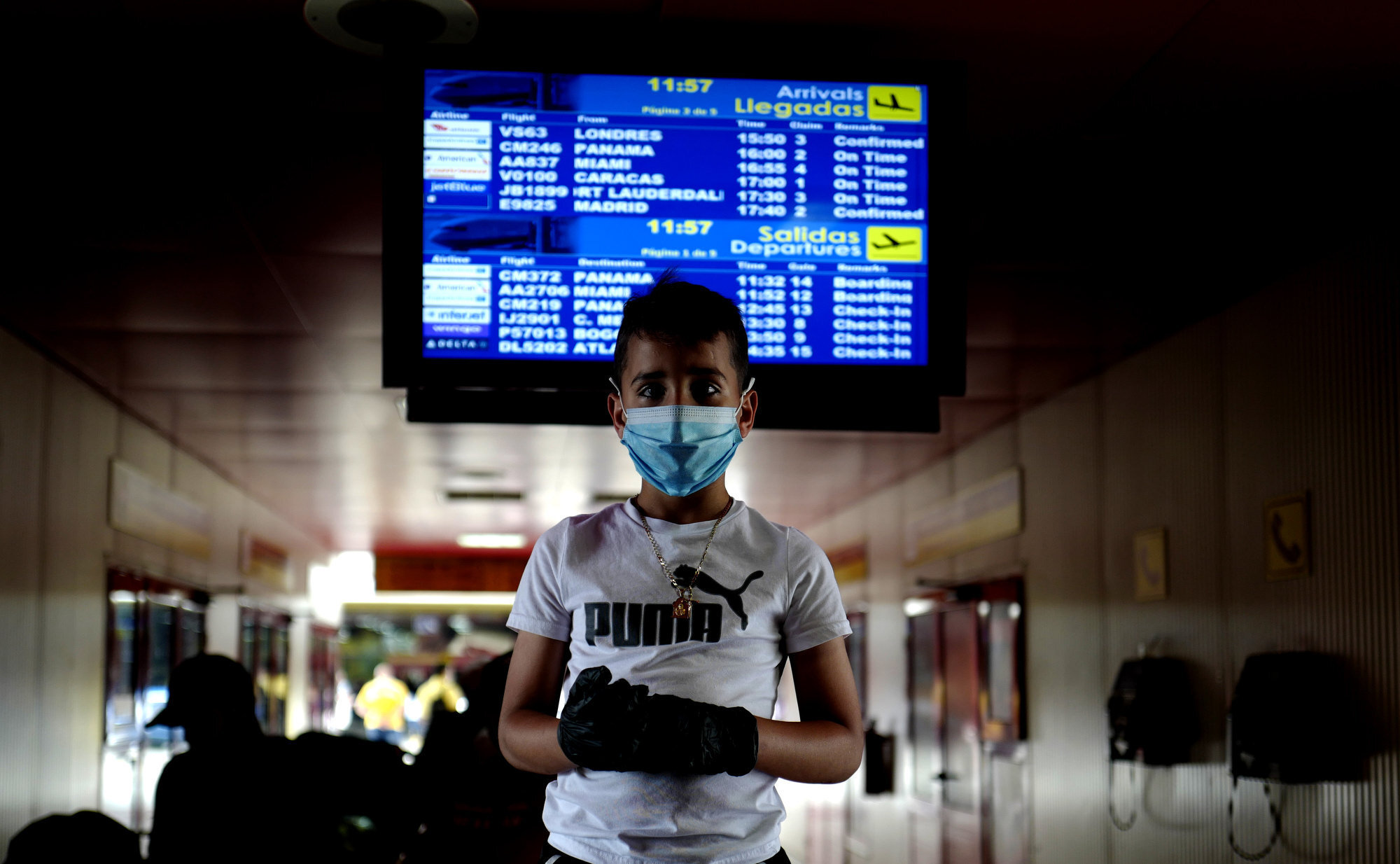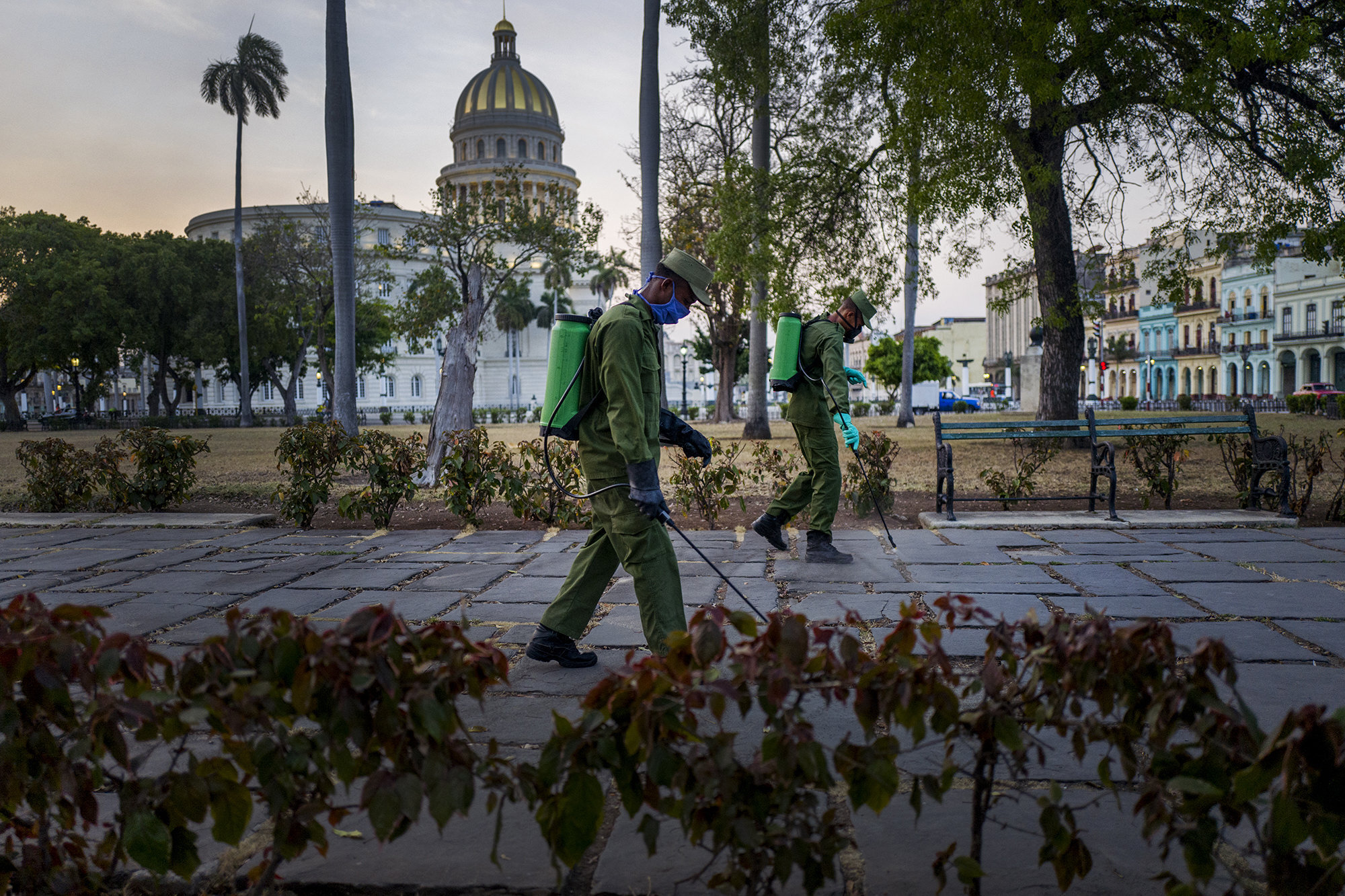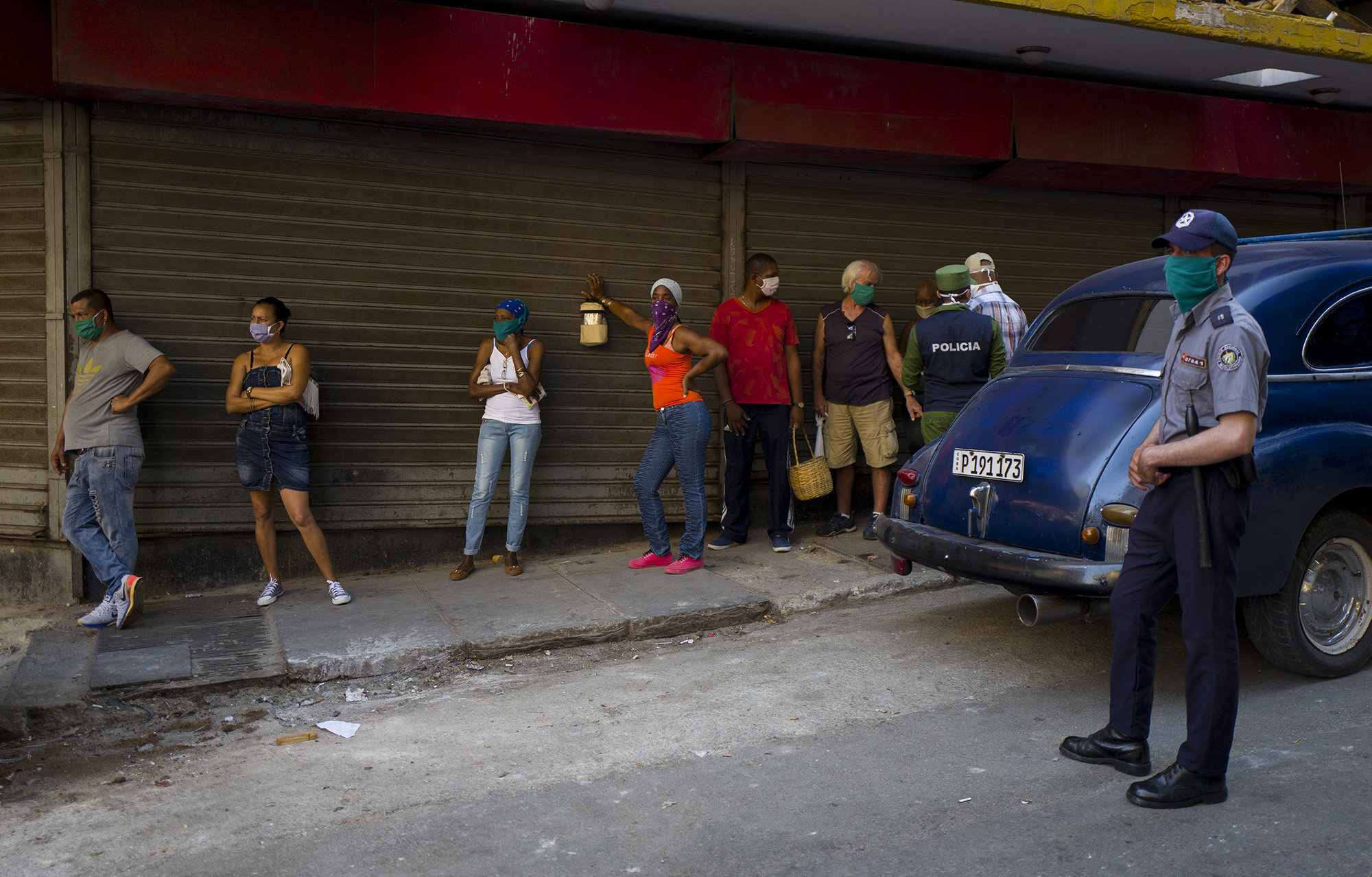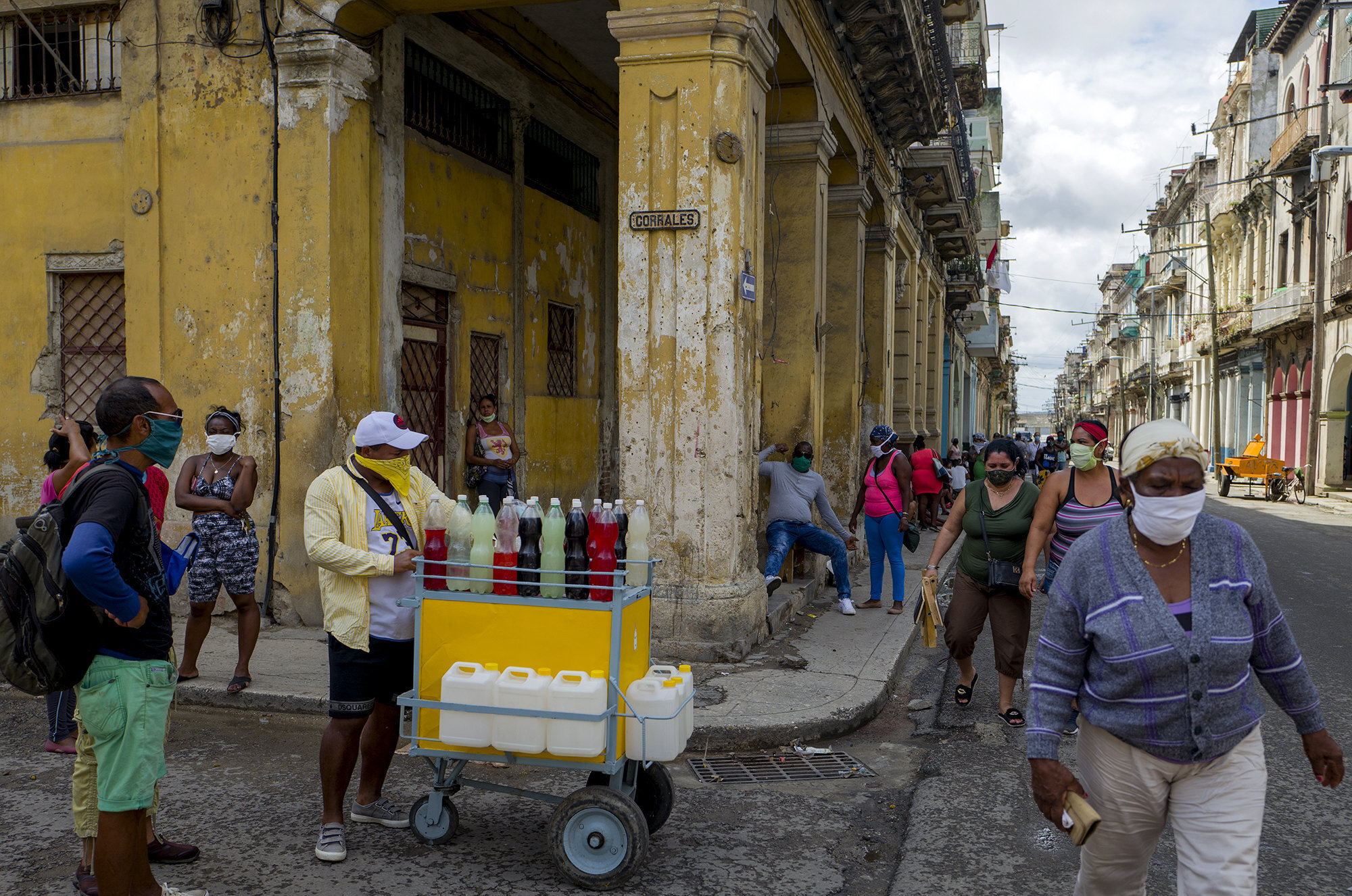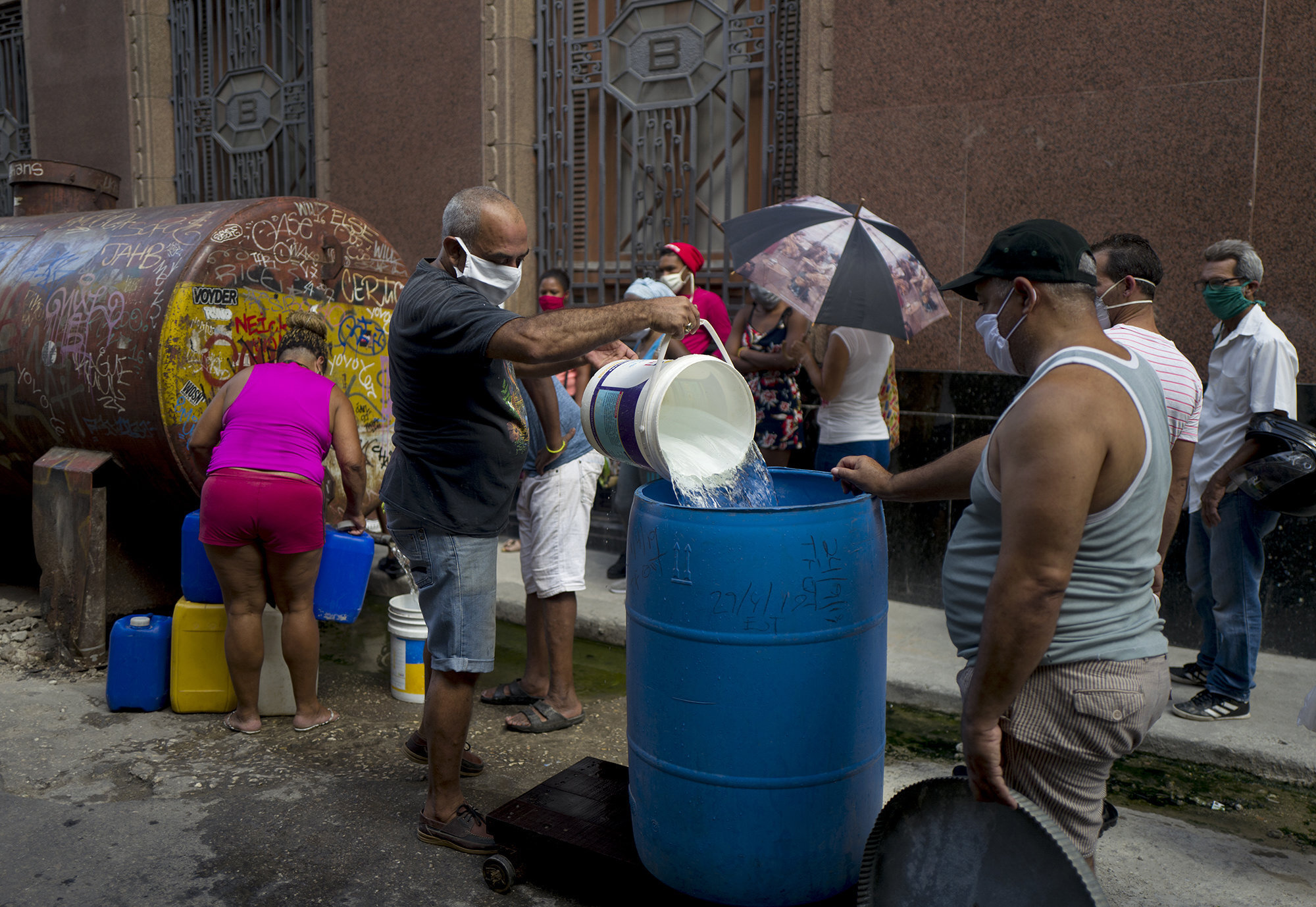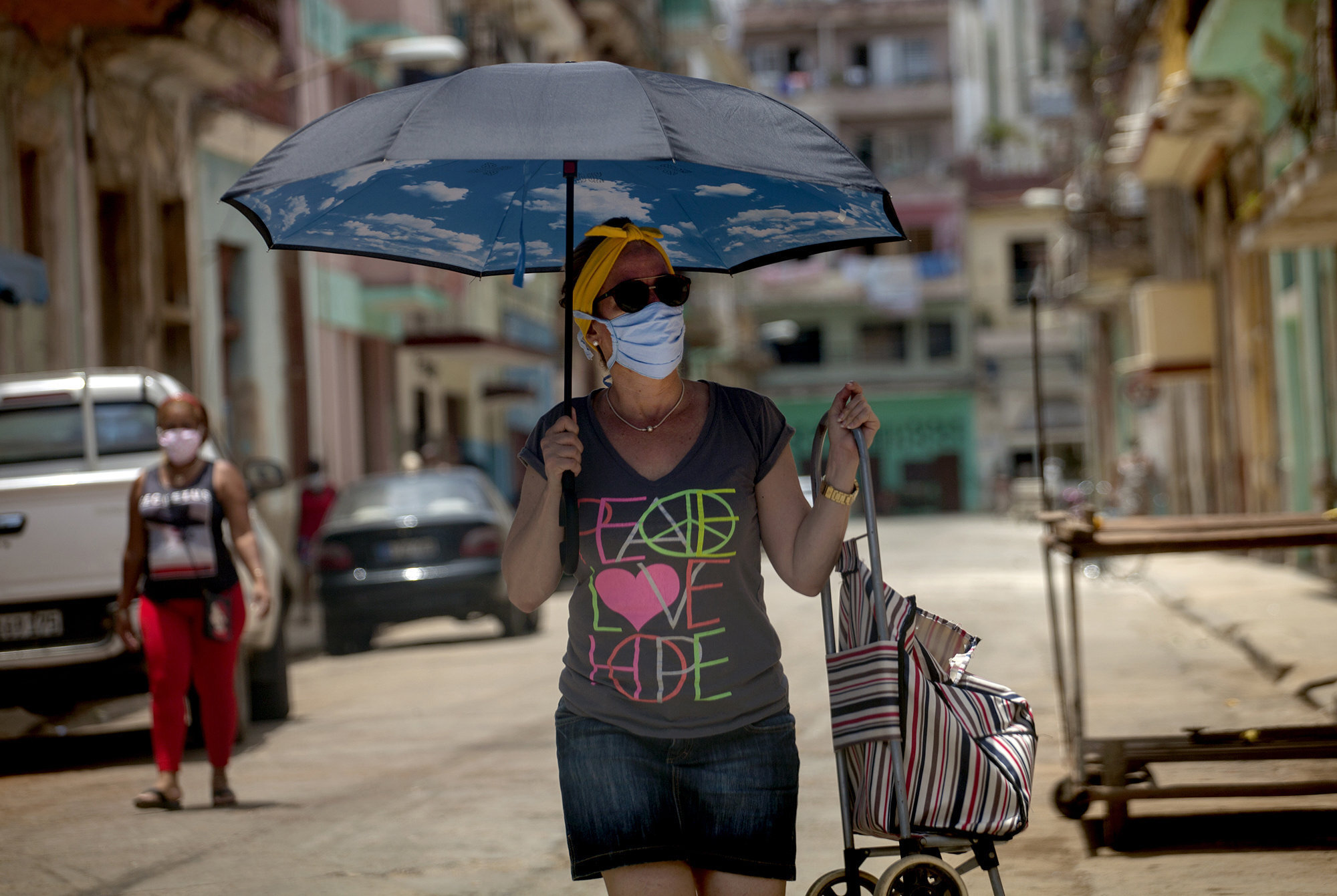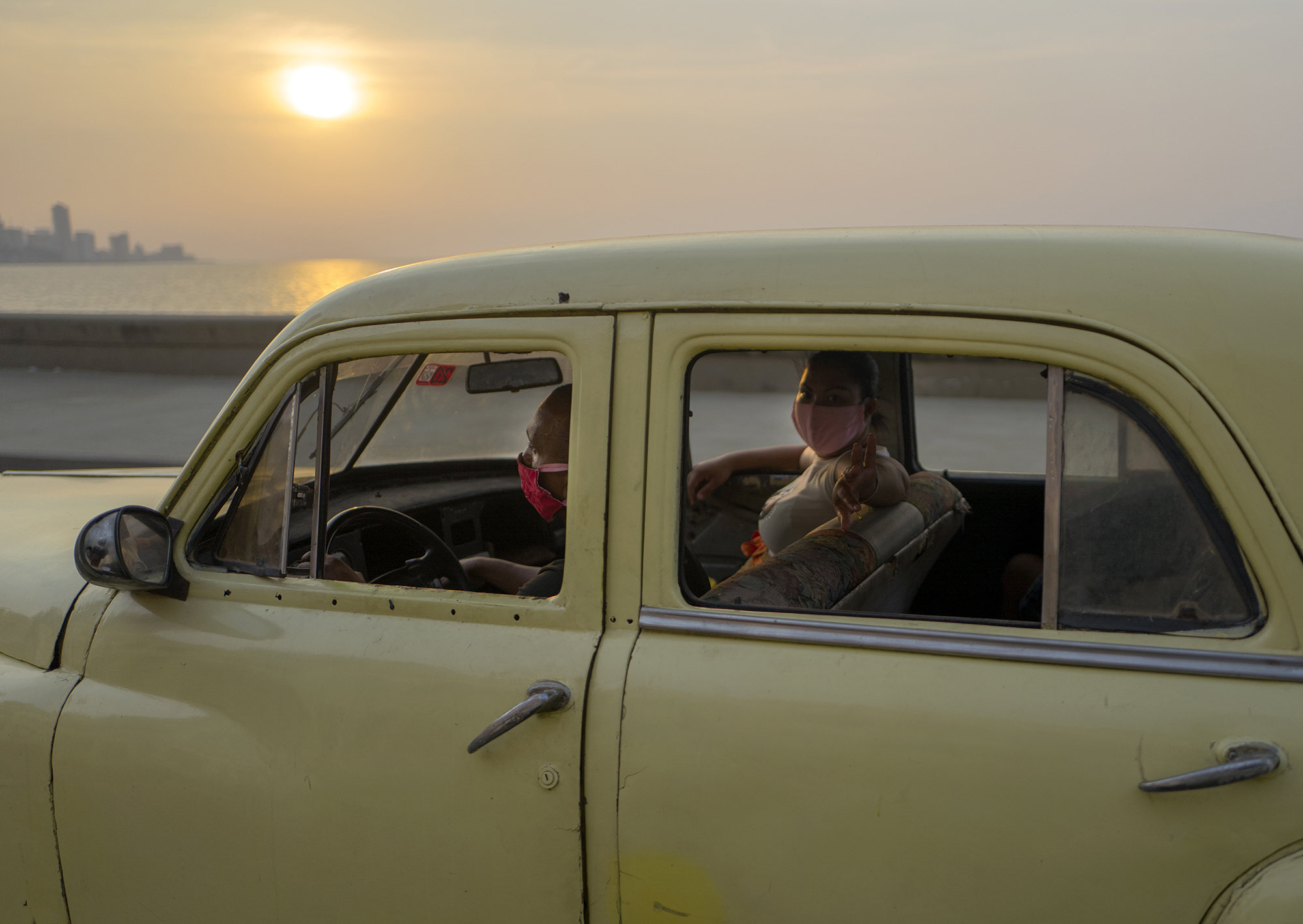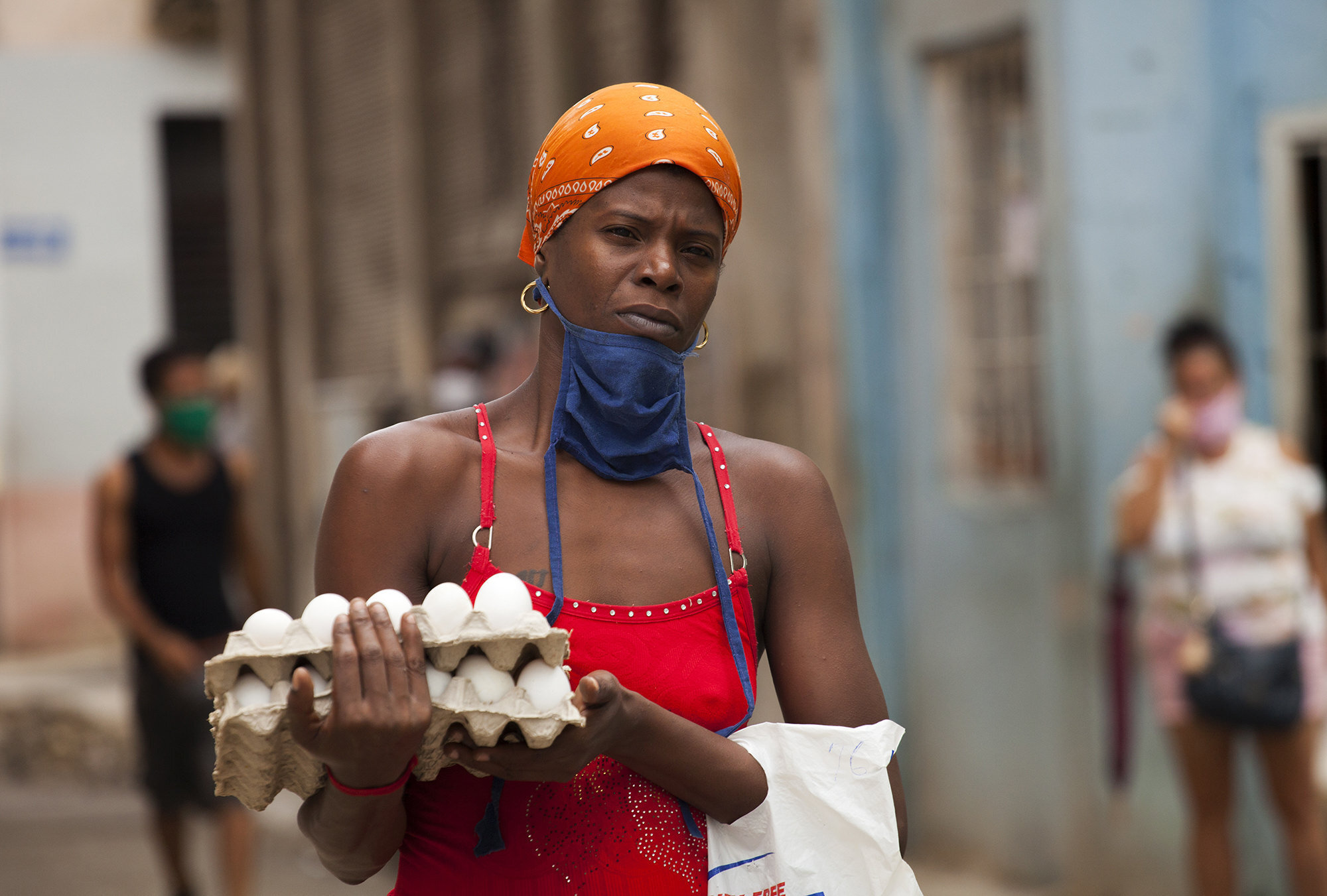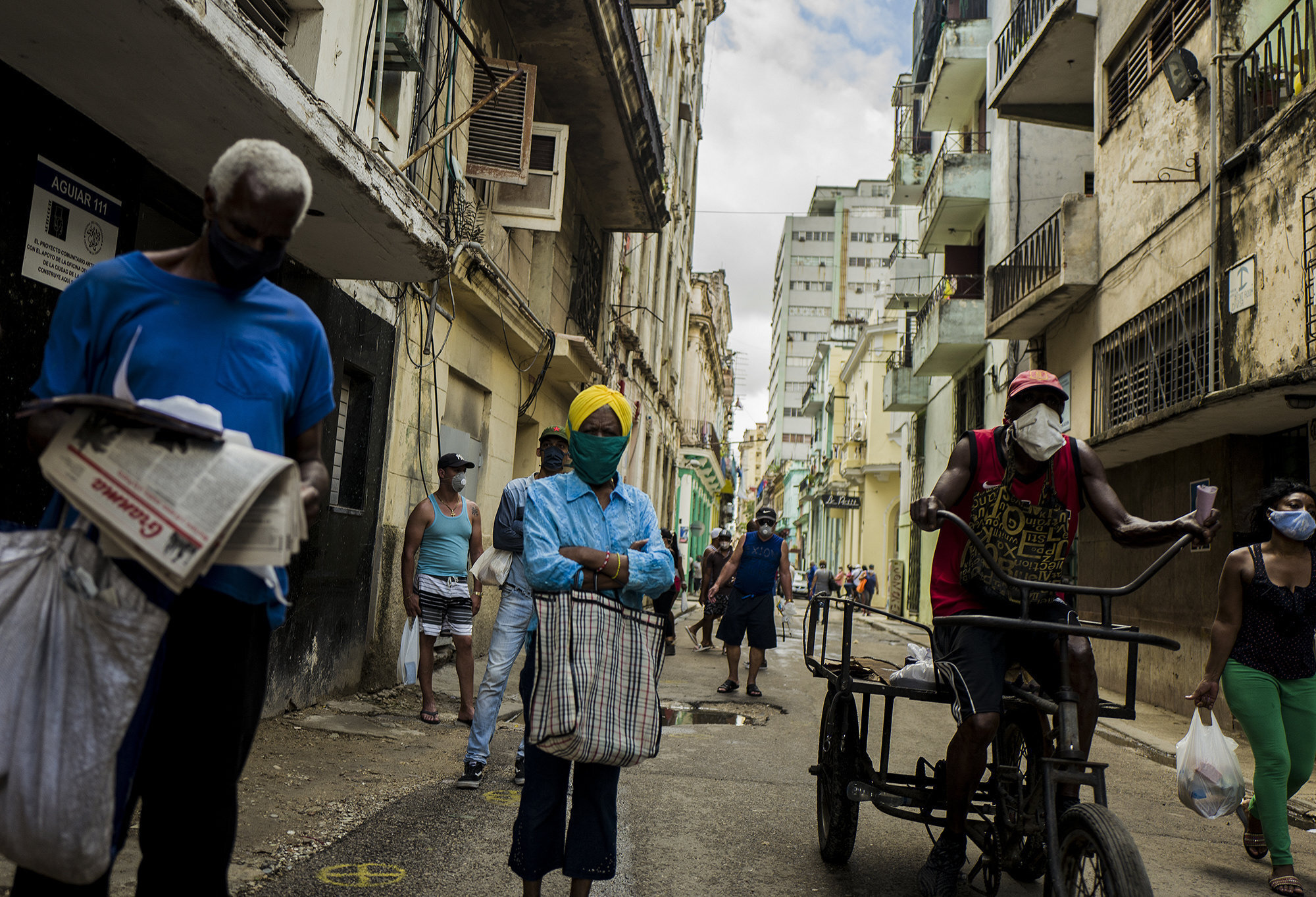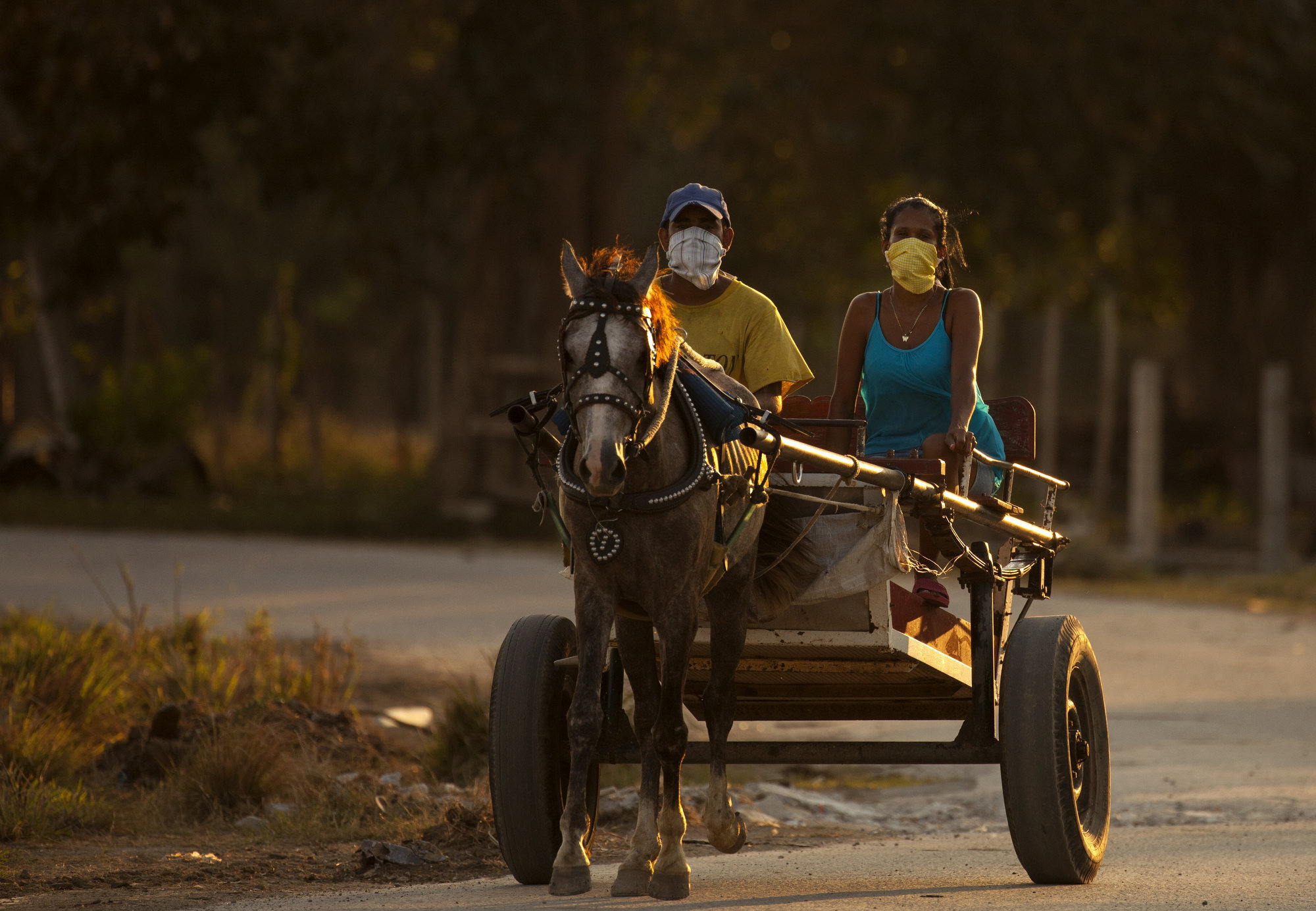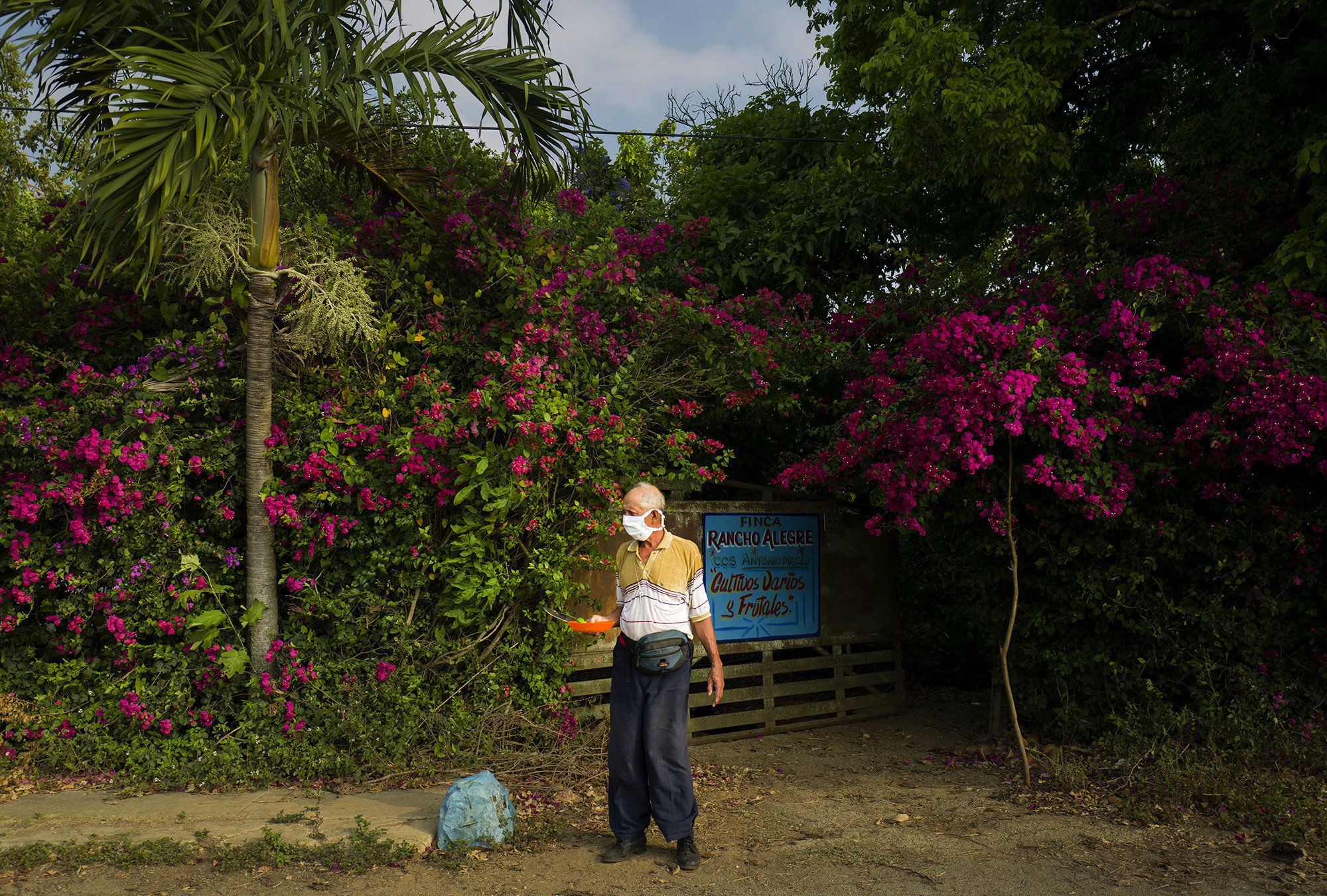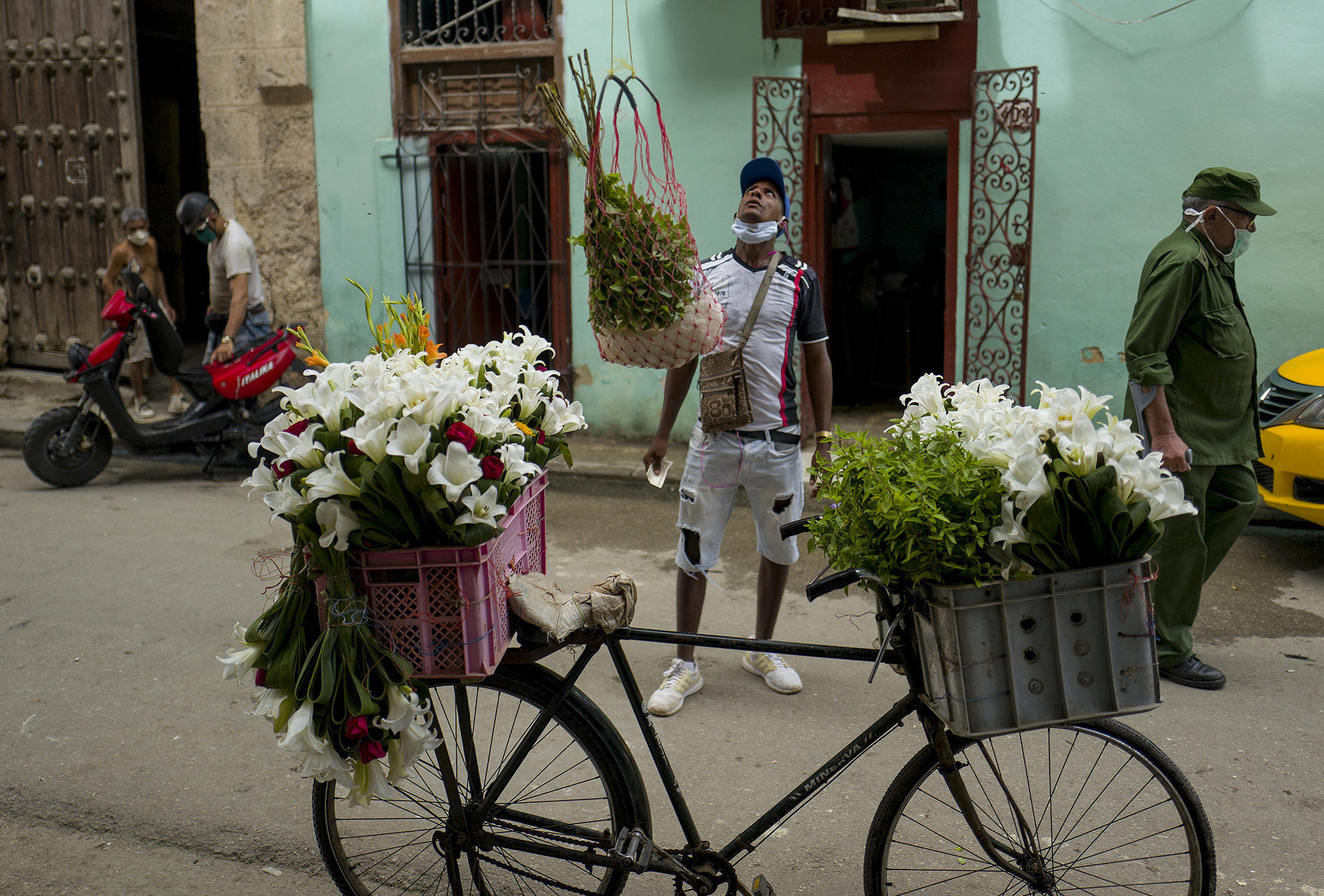COVID-19 pandemic days in Havana
Over one hundred days of the pandemic have passed and the uncertainty continues to increase. I have stopped thinking about what I'm going to do tomorrow so as to focus on what I'm going to do today. That's good in a way but when one takes a step back, the perspective can be vertigo-inducing. We as a planet, have not seen such a fundamental change since the last world war.
We live in a very unequal world today where wealth is held by a select few and the vast majority struggle to have a decent quality of life. A sad thing that this pandemic lockdown has unlocked very forcefully is how corrupt we are as a society, all over the world. These last months have been an awakening for all of us to look just a little deeper and evaluate what we are doing for a better world. The new “normal” will certainly be very different, but it will need a pause for reflection, and the space to consider new ideas and ways of doing things.
Covering the pandemic in a country with a socialist model has shown me a public health system very different than in other countries. The Cuban government has handled this virus situation in exemplary fashion. They’ve thought through the strategy and associated logistics along with very capable scientists and doctors while facing one of their biggest challenges and not allowing the virus to invade the island.
And they have succeeded, more so than some other countries with more means. Cuba has very few resources, but has put in a lot of strategic minds and even more effort.
All images in this gallery © Eliana Aponte 2020 | Jíbaro Photos
Documenting how people are living through the pandemic in Cuba, not to mention Havana, its capital, has been an experience. In between working on an image story and taking precautions against the virus, makes you much more alert, disciplined, and dedicated, with the self-control to not touch your face until you get home, even if you wear a mask and glasses, the only protection. Fortunately soap and water are the best weapons when it comes to self-disinfecting.
I am a foreign photographer, accredited by the government to carry out my work in Cuba. In other words, I have a mobility permit during these quarantine days. People look at me with strange eyes as if asking “what is a foreigner doing taking photos?” Some even verbally ask me. Every now and then I have to explain that I have been living in Havana for the past eight years. I am not a tourist.
I can only take photos on the street, nowhere else. I cannot enter hospitals, Cuban homes, or be inside community spaces. The series of images I present here gives an idea of how the days go by and where all everyday Cubans struggle to survive. In the end, they always "solve it,” "it is not easy," but "they do not catch a fight," as the good Cuban always says. Many Cubans leave their home early in the morning to queue for at least eight hours, to buy whatever little food there is. This is their daily routine.
Cubans are warriors and they continue to fight with dignity and sovereignty amidst the existing economic crisis, now there is one more calamity that they are having to go through. Hopefully we all can get ahead and hope returns to the island. Until then, it’s one day at a time, doing what we all have to do today—by solving and not catching a fight.
